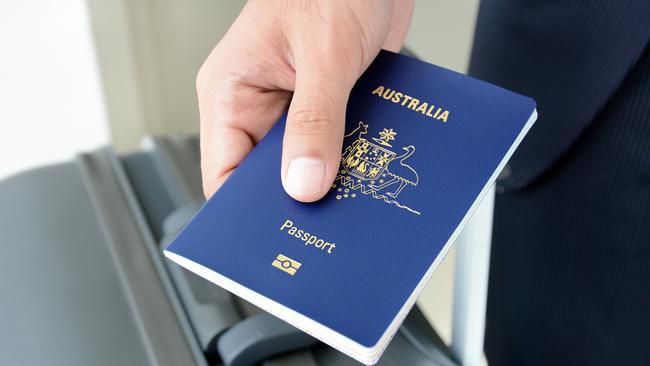
Those clamouring to slash population growth should be careful what they wish for.
Any plan to cut immigration, from au pairs to chefs, will immediately hit businesses’ expectations about the economy’s potential.
The likelihood that Home Affairs Minister Peter Dutton would cut immigration was the chief reason the dollar and stockmarket bounced in the minutes after Scott Morrison won the Liberal leadership last week. Expect them to sag again if the Prime Minister caves in to pressure from the Right faction to reduce skilled visas further.
Indeed, any plans would be drawn up just as the pistons of growth are beginning to sputter. Already business investment is failing to live up to expectations, dropping 2.5 per cent in the June quarter, according to a closely watched ABS survey released yesterday.
The vaunted recovery in non-mining investment for which the Reserve Bank and Treasury have been crossing their fingers is painfully slow to emerge.
Meanwhile, building approvals, one of the top sources of economic growth and jobs, dropped 5.2 per cent in July, extending a steady decline. Whether we cut immigration or not, our capitals are about to be awash with new apartments. For 3½ years, building approvals have hovered around 19,000 a month. We should aim to have people to fill them.
Josh Frydenberg will be hoping his first set of national accounts as Treasurer, out next week, don’t fall short of the optimistic remarks he has been making.
Meanwhile, Westpac has fired the gun on what will almost certainly be a series of mortgage rate increases just as the royal commission is pressuring banks to tighten their lending standards. Good time to buy a house?
The Housing Industry Association is worried that last year’s visa changes, which made it harder for students, graduates and skilled workers to stay, are weighing on immigration.
Studies show skilled migrants boost economic growth more than the average resident.
Far from making it harder to come here, we might need to make it more attractive. Australia has been drawing skilled workers from the rest of the world for a decade, while the rest of the world has been recovering from the financial crisis. That salutary dynamic is changing. The US growth rate was revised up this week, as Australia’s looks more likely to slow.
The saving grace in the ABS survey was an increase in planned investment, for next year. Plans can quickly change.




To join the conversation, please log in. Don't have an account? Register
Join the conversation, you are commenting as Logout